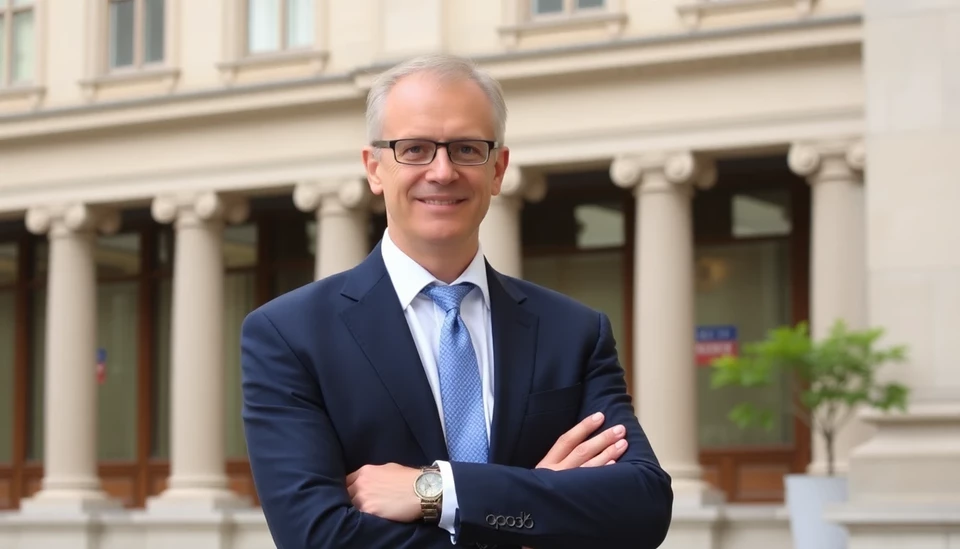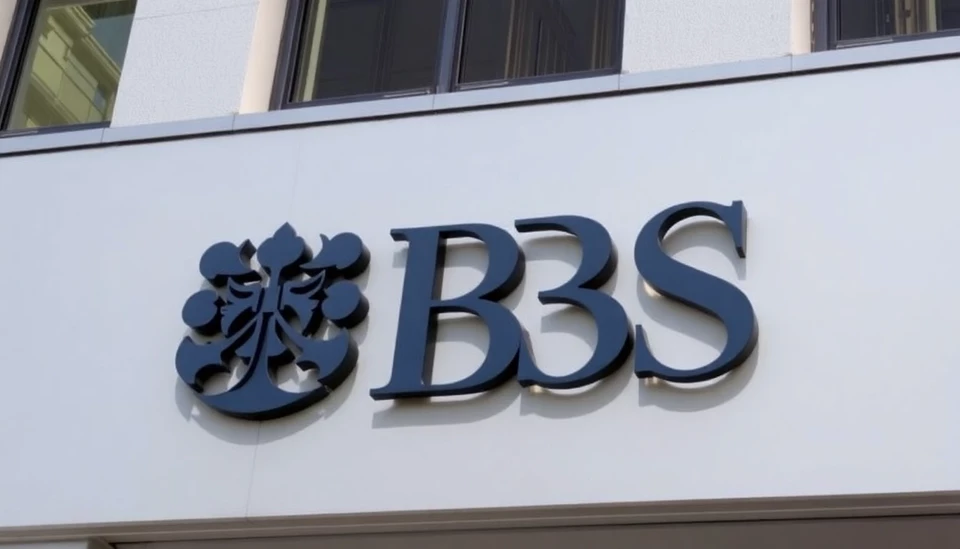
In a remarkable turn of financial events, UBS Group AG's Chief Executive Officer, Sergio Ermotti, has emerged as Europe’s highest-paid bank CEO, according to recent disclosures. This designation underscores the growing trend of substantial executive compensation within the financial sector, reflecting both market dynamics and company performances.
Ermotti’s compensation package for the previous year has been reported at a staggering 15.7 million Swiss francs (approximately 17.5 million USD). This figure catapults him to the top of the remuneration list for European banking executives, a sector that has historically faced scrutiny over pay disparities and corporate governance. His significant earnings come as UBS continues to navigate complex global economic challenges while also reaffirming its position as a leader in investment banking and wealth management.
Contrarily, Andrea Orcel, CEO of Deutsche Bank, has also been highlighted in the coverage due to his substantial pay increase. His total compensation has reached about 10 million euros, marking a significant pay hike from the previous year. This adjustment reflects not only a recognition of his leadership but also Deutsche Bank's sturdy financial recovery and enhanced performance metrics, marking a notable turnaround for the institution after a decade of struggles.
The increased compensation for top executives within these banks raises pertinent questions about equity and performance within the broader context of the banking industry. While these leaders are rewarded for steering their companies through turbulent economic waters, stakeholders continue to debate the appropriateness of such high compensation packages, especially in light of varying profitability and sustainability challenges faced by different institutions.
As we look at the broader impacts of these pay dynamics, it's crucial to consider how executive compensation interacts with employee morale, public perception, and regulatory scrutiny. The financial sector must address these concerns, especially as shareholder activism and stakeholder interests become increasingly vocal in pushing for more equitable pay structures.
In summary, the compensation trends among Europe's banking executives illustrate a broader tension between rewarding leadership and maintaining social responsibility. As companies like UBS and Deutsche Bank continue to thrive, their strategies and decisions regarding executive pay will remain under the microscope, shaping the future of corporate governance across the region.
#UBS #DeutscheBank #CEOCompensation #SergioErmotti #AndreaOrcel #BankingIndustry #ExecutivePay #FinancialNews
Author: Victoria Adams




